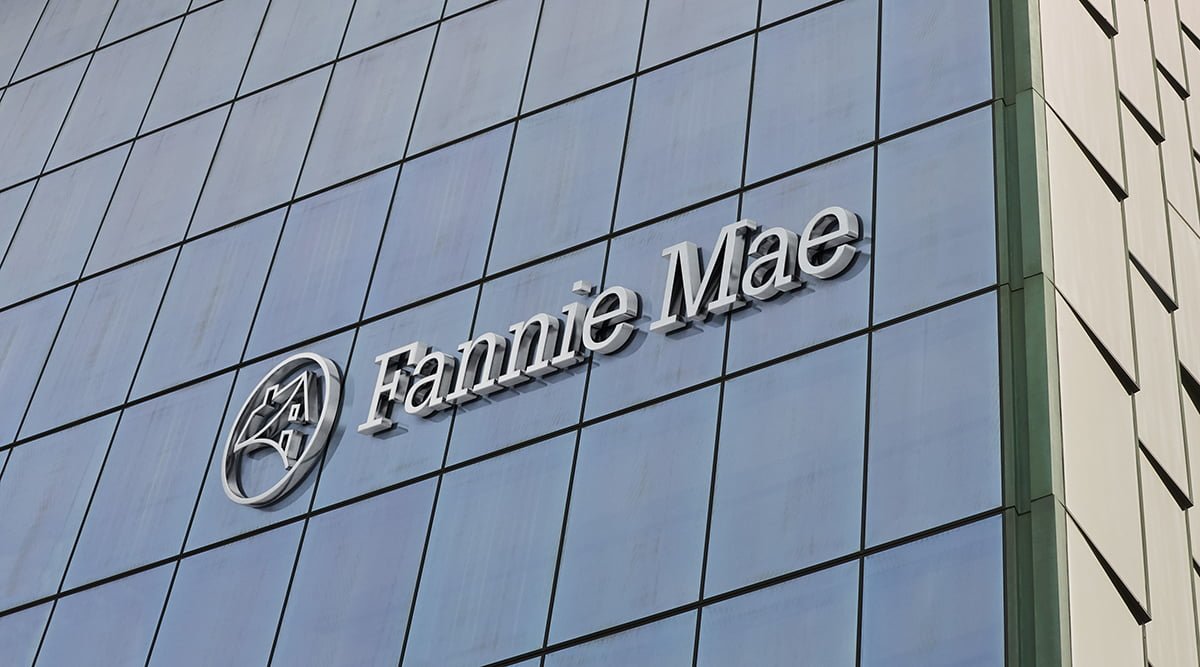The Supreme Court has handed down a decision in a case that could have a direct impact on Fannie Mae, Freddie Mac, and FHFA Director Mark Calabria. Although the Seila case was filed against the Consumer Financial Protection Bureau, the decision has implications for the Federal Housing Finance Agency and other federal agencies that have a single head without an oversight group.
Q1 2020 hedge fund letters, conferences and more
Details on the Seila case
In the Seila case, the Supreme Court ruled that the director position at the CFPB is unconstitutional because it is a single head without any oversight group. The case impacts not only the CFPB but also the FHFA, Fannie Mae and Freddie Mac, and FHFA Director Mark Calabria. It could have an impact on the Social Security Administration and the Office of the Special Counsel as well, although those agencies don't matter for the government-sponsored enterprises.
In a note on the Seila case, Odeon Capital analyst Dick Bove said the fact that FHFA Director Mark Calabria's position is unconstitutional will mean little for Fannie Mae and Freddie Mac if President Donald Trump remains in office in November. Trump has never opposed anything Calabria has done or given any indication that he is unhappy with what Calabria has done as head of the FHFA.
As a result, it suggests Calabria will continue to hold his position because he serves at the will of the president. It also suggests that anything he does will not be overturned by any court on constitutional grounds.
What the case means for Fannie Mae and Mark Calabria
However, if Joe Biden takes the presidential election in November, then Mark Calabria's position as head of the FHFA and overseer of Fannie Mae and Freddie Mac is in jeopardy. It extremely likely that Biden will remove him from his position.
It also will probably mean that everything Calabria has been done that hasn't been ratified by Congress can be overturned immediately. If that happens, the GSEs will probably remain in conservatorship, and the issues related to the recapitalization and release will probably be shelved for years.
Because of this possibility, many believe Calabria will try to accelerate the end of the conservatorship so that it occurs by the end of the year. Bove doesn't believe it's possible to have things wrapped up by the end of the year because he feels the issues that must be resolved to end the conservatorships are too complex to be rushed quickly through the FHFA.
Other timelines we have seen put the end of the conservatorships as early as next year, which is faster than Bove believes it can happen. However, it still isn't early enough to prevent what he has done from being undone if Biden is elected.
The timeline from ACG Analytics indicates that the comment period on the capital rule won't end until mid- to late August. The capital rule could be finalized in November, but at that point, there are still other issues that must be resolved, like the amendment to the preferred stock purchase agreement.
The timeline puts the exit of conservatorship in January 2021 or the beginning of the consent decree in January 2021. That suggests there is at least a possibility that the conservatorships could end by the end of December, even though Bove thinks it's impossible.
However, Mark Calabria will have his work cut out for him to get Fannie Mae and Freddie Mac out of conservatorship by then.
The Collins case and the net worth sweep
Bove also said there was some good news for shareholders about the net worth sweep in the Seila decision. He said some "oblique wording" in the ruling suggests the Fifth Circuit Court of Appeals might have misinterpreted some of the legal issues involving the net worth sweep in the Collins case.
The net worth sweep requires all of the GSEs' earnings to be swept into the U.S. Treasury. That means preferred shareholders haven't been receiving the dividends they have been due.
Because of the wording issue, the Supreme Court wants the Fifth Circuit Court to take another look about the decision about the net worth sweep. Bove said this is a positive for the plaintiffs in the cases filed over the net worth sweep because it suggests the Supreme Court may take up the Collins case. It also suggests some judges might decide to eliminate the net worth sweep.
The Fifth Circuit Court already ruled the net worth sweep unconstitutional, so plaintiffs have already had a big win in the case over the junior preferred shares. However, it does suggest that the Supreme Court sides with the plaintiffs, which is huge.
It could mean that even if Biden wins the presidency and Fannie Mae and Freddie Mac are left in conservatorship, preferred shareholders may finally receive restitution for all their missed dividends.






